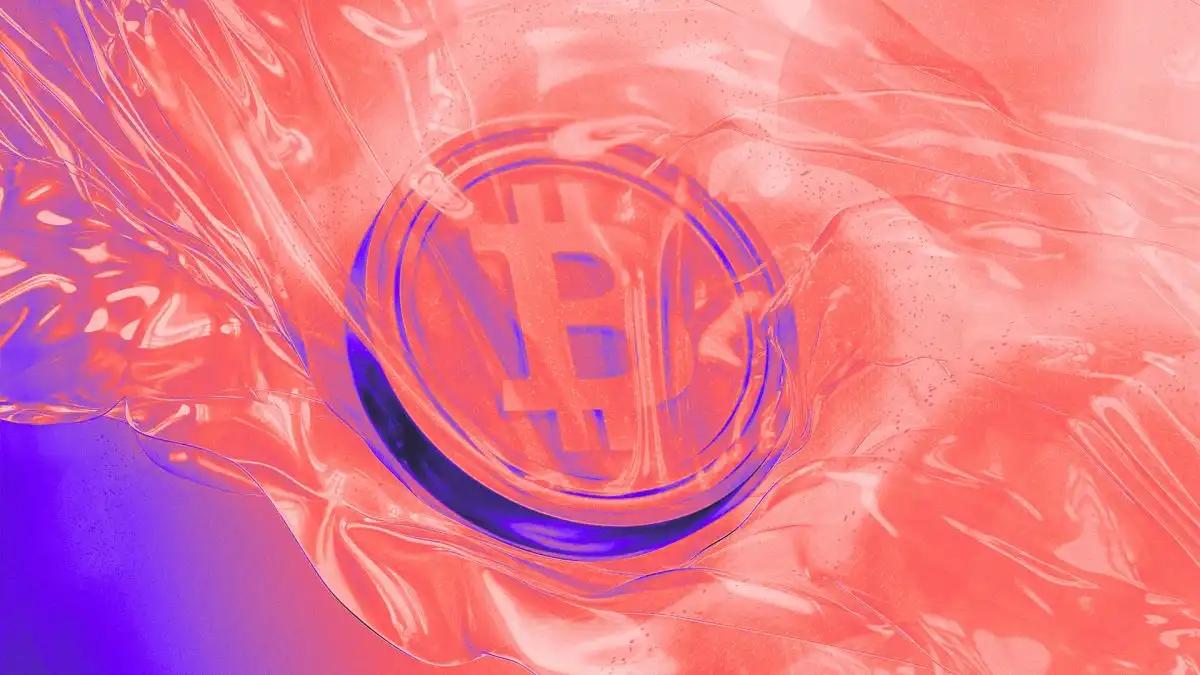Bitcoin Developers Contemplate Temporary Soft Fork to Address Spam Concerns
Bitcoin developers are discussing a temporary soft fork as a potential solution to mitigate spam issues, sparking intense debate within the community.

Because Bitcoin
October 27, 2025
In the ever-evolving landscape of Bitcoin development, a new proposal has emerged that could temporarily alter the network's functionality. This initiative, a soft fork, seeks to address persistent concerns about spam and its impact on Bitcoin's blockchain efficiency. Following the recent release of Bitcoin Core v30, developers are engaging in rigorous discussions about the feasibility and implications of implementing such a measure.
The Issue at Hand
Bitcoin's blockchain has long been heralded for its robustness and security, yet it is not immune to inefficiencies. A recurring challenge is the management of arbitrary data such as inscriptions, which can congest the network. These data entries, often seen as spam, can increase transaction verification times and inflate transaction fees, ultimately affecting user experience. As Bitcoin's popularity continues to soar, maintaining an optimal balance between openness and efficiency becomes increasingly critical.
The Proposal
The proposed soft fork aims to introduce temporary restrictions on the inclusion of arbitrary data. By doing so, developers hope to streamline the blockchain's operation, ensuring that essential transactions proceed without unwarranted delays or costs. This approach reflects a strategic response to a problem that, if left unchecked, could undermine Bitcoin's foundational promise of decentralized, efficient currency.
Debate Among Developers
The concept of a soft fork is not without controversy. A soft fork is a backward-compatible update, meaning it does not require all nodes to upgrade to maintain consensus. However, it does necessitate a majority of miners to signal support for the change. This requirement has sparked debate within the community, as some developers argue that any modification to Bitcoin's protocol, even a temporary one, must be approached with caution.
Proponents of the soft fork emphasize the need for adaptability in the face of evolving challenges. They argue that without proactive measures, Bitcoin's utility and appeal could be compromised. Critics, however, warn that frequent changes, even with good intentions, could lead to fragmentation or diminished trust in Bitcoin's stability.
Potential Impact
If adopted, the temporary soft fork could serve as a valuable case study in managing blockchain efficiency. It could set a precedent for how the Bitcoin community addresses similar issues in the future, balancing the need for innovation with the principles of decentralization and security.
